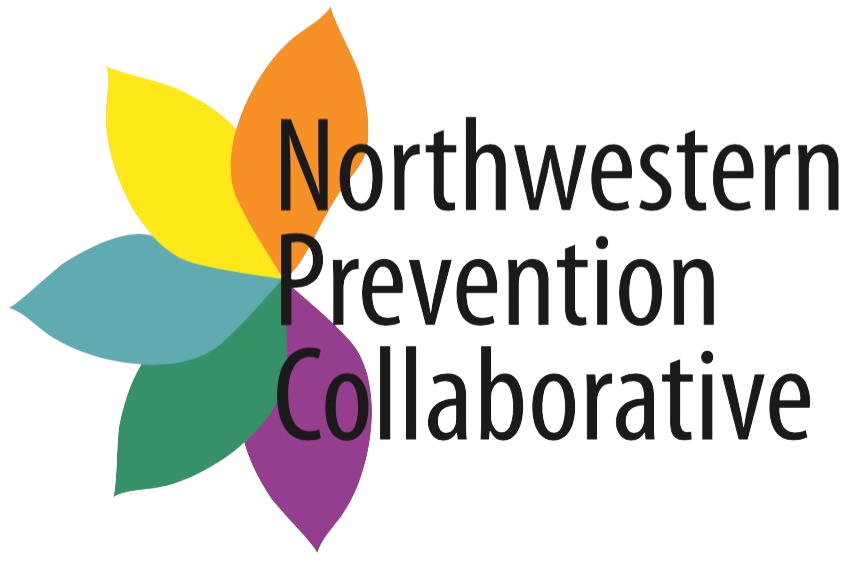For years, people thought a person struggling with addiction, or a substance use disorder (SUD), was at fault for their own struggles. People with SUDs were blamed for not being strong enough to say no, for being too weak-willed to quit.
Now we know that just isn’t true.
Addiction is not a moral failing. No one wakes up in the morning and decides to develop a substance use disorder. It is a process that happens quietly, without the person being aware of it. Sometimes it happens quickly, sometimes slowly, but always silently, building up in a person’s body until the disorder is in control.
The Start
People begin using substances for a variety of reasons. Perhaps it is a way to escape emotional or physical pain for a while. It could even be a prescription pain pill (opioid) providing that relief. Maybe it is a way to deal with depression or anxiety, or maybe the person is just trying to fit in with others at parties.
It is important to note that while they may provide a short-term escape, drugs and alcohol actually make depression and anxiety worse in the long run. If you struggle with depression or anxiety, past trauma, or any type of emotional pain, we strongly recommend you see your doctor or seek help from a mental health professional.
The Science (Put Simply)
What happens next can vary depending on what substance is being used, so we are going to put this in general terms. Immediately, the substances react with the brain, causing dopamine and other feel-good chemicals to be released. (Take note that once those fade, you usually feel worse than you did before.)
As a person uses the substance more frequently/regularly, the body begins to adapt to it. The receptors in the brain change, and the person needs more and more of the substance to feel the same effects only a small amount provided before. This is called tolerance. With opioids, this can happen extremely quickly—a matter of days. With other substances, it can take longer.
The video below goes into more detail on the science behind addiction and gives a very comprehensive overview. However, it does contain images of drugs, alcohol, and gambling that may be triggering to some people in recovery.
No Going Back
As the person’s tolerance builds, the brain eventually adapts to the point where the person needs the substance to feel normal. Without it, they can’t function properly. They experience withdrawal symptoms. The person has become dependent on the substance. For some, the dependence goes further—the need for that chemical overwhelms their ability to focus on anything else, even those they love.
There is Hope
It is not always true that someone has to “hit bottom” before they are willing to enter recovery, but there is typically a turning point. Sometimes it is simply a decision or a negative event such as overdosing. Sometimes it is a positive life milestone such as wanting to repair an important relationship. Whatever it is, that turning point, and the journey of recovery that goes with it, is different for every person. And the opportunities for success are better if others walk alongside the person in recovery.
August 31st is International Overdose Awareness Day. On that day, we will share a story or two of people who have survived an overdose and the journey they have taken since then. Throughout September, which is Recovery Month, we will share the stories of people in recovery. We will share their turning points, their journeys, and how they maintain their sobriety. We hope these stories will inspire others to begin their own journeys of recovery.
If you are ready to begin your journey of recovery, visit our resources tab for local organizations that are ready to help you. Residents of Page, Shenandoah, and Warren Counties may be able to obtain free assistance from our partners at Warren Coalition Counseling Services.
For more information:
“The Psychological Side of Addiction,” Desert Hope Treatment Center




Comments are closed.